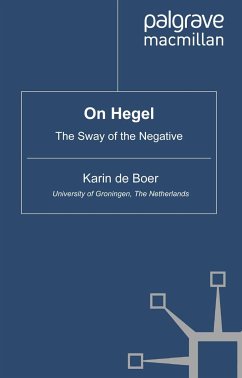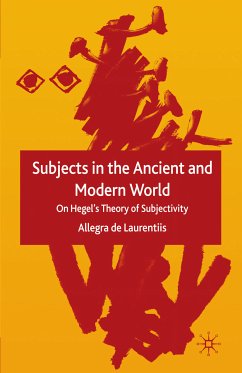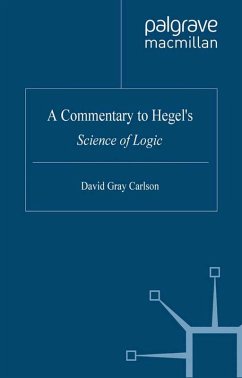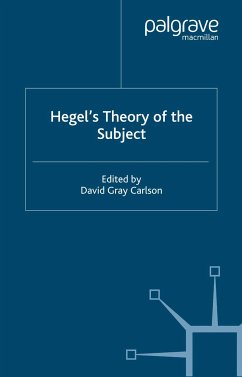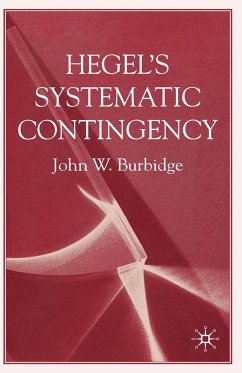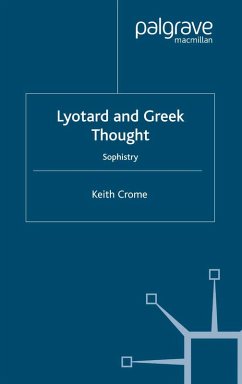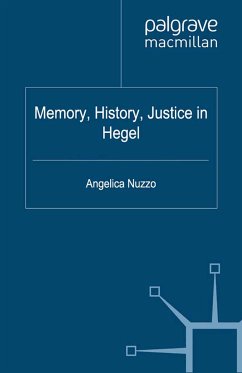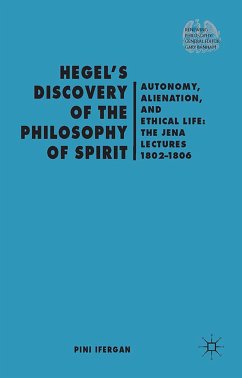Dieser Download kann aus rechtlichen Gründen nur mit Rechnungsadresse in A, B, BG, CY, CZ, D, DK, EW, E, FIN, F, GR, HR, H, IRL, I, LT, L, LR, M, NL, PL, P, R, S, SLO, SK ausgeliefert werden.
'In her On Hegel: The Sway of the Negative Karin de Boer masterfully shows how the idea of tragedy and the work of tragic negativity is at the heart of Hegel's system of philosophy, in constant tension with his famous dialectic, pervading the Logic, Nature, and History. This is a great accomplishment that offers a fresh, actual, and highly insightful re-reading of Hegel as the philosopher of modernity's self-criticism.' - Angelica Nuzzo, Professor of Philosophy at Brooklyn College, City University of New York

